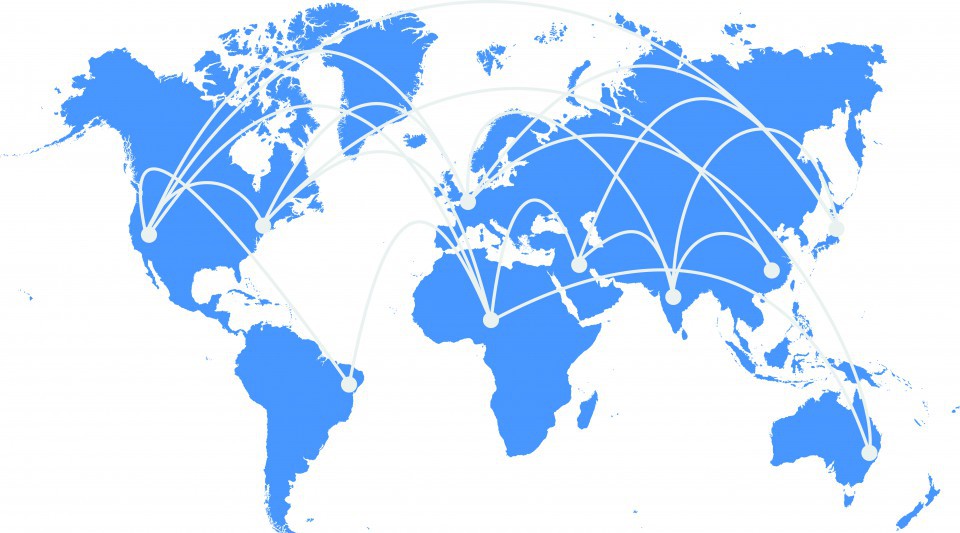Tags
As international donors prepare to meet in Tokyo on 8 July to discuss Afghanistan’s economic future, the focus should be on more than making new aid commitments. Donors should craft a longer-term agenda for good governance to tackle the country’s immediate problems and prepare for the 2014 drawdown of foreign troops.
To ensure development and stability in the country, the Afghan government and the international community should:
- Strike the right balance between support for the army and building strong civilian institutions
- Focus on sustainable growth and development in addition to security
- Reduce aid dependency progressively and attract job-creating investments
- Combat corruption and empower civil society
- Resist creeping erosion of achievements in women’s rights
- Engage in capacity-building for journalists, encourage new media
The good news is that with the right economic leadership, Afghanistan could grow at a respectable 5% in the coming years. The bad news is that corruption and graft continue to plague the country, endangering prospects for building a stable and prosperous Afghanistan.
Afghan President Hamid Karzai is hoping the conference in Tokyo will agree to aid pledges worth $4bn a year. Having already poured billions of dollars into the country – and given the current global economic slowdown – donors are understandably wary of making new commitments.
Donors should make sure Afghanistan has access to sustained financial support in the coming years – but they should also link such assistance more firmly to improved the governance.
The economic outlook for Afghanistan is more upbeat than many believe. The coming decade offers “high hopes, expectations, and great opportunities”, according to World Bank Country Director Bob Saum.
The country is believed to have mineral reserves worth as much as $3tn, which could theoretically generate billions of dollars in tax revenue. More can also be done to tap into Afghanistan’s agricultural potential.
Major strides have been made in schooling children and improving health for mothers and children but three-quarters of Afghans are illiterate and the average person earns only about $530 a year, according to the World Bank.
In addition, the situation of Afghan women remains precarious. EU foreign policy chief Catherine Ashton among others has said she is “deeply troubled” by recent developments in the country, including the Afghan Justice Minister Habibullah Ghalib’s suggestion that women’s shelters were home to “immorality and prostitution”.
“His comments set back efforts to fight violence against women in Afghanistan, including the need to provide victims with safe places to take shelter,” Ashton said in a recent statement. “Too many Afghan women have experienced violence, gender-based and sexual, often on a repeated basis,” she said, adding: “Women forced to resort to shelters are amongst the bravest Afghans we know.”
The Afghan government has asked donors to channel more aid funds through the national budget rather than through contractors or aid groups. Donors are also being asked to better tailor aid to the government’s priorities including health, education, agriculture and the mining sector.
Donors’ response should, however, hinge on efforts to combat waste, fraud and corruption. They should also demand that Afghan promises are followed up by real action.
